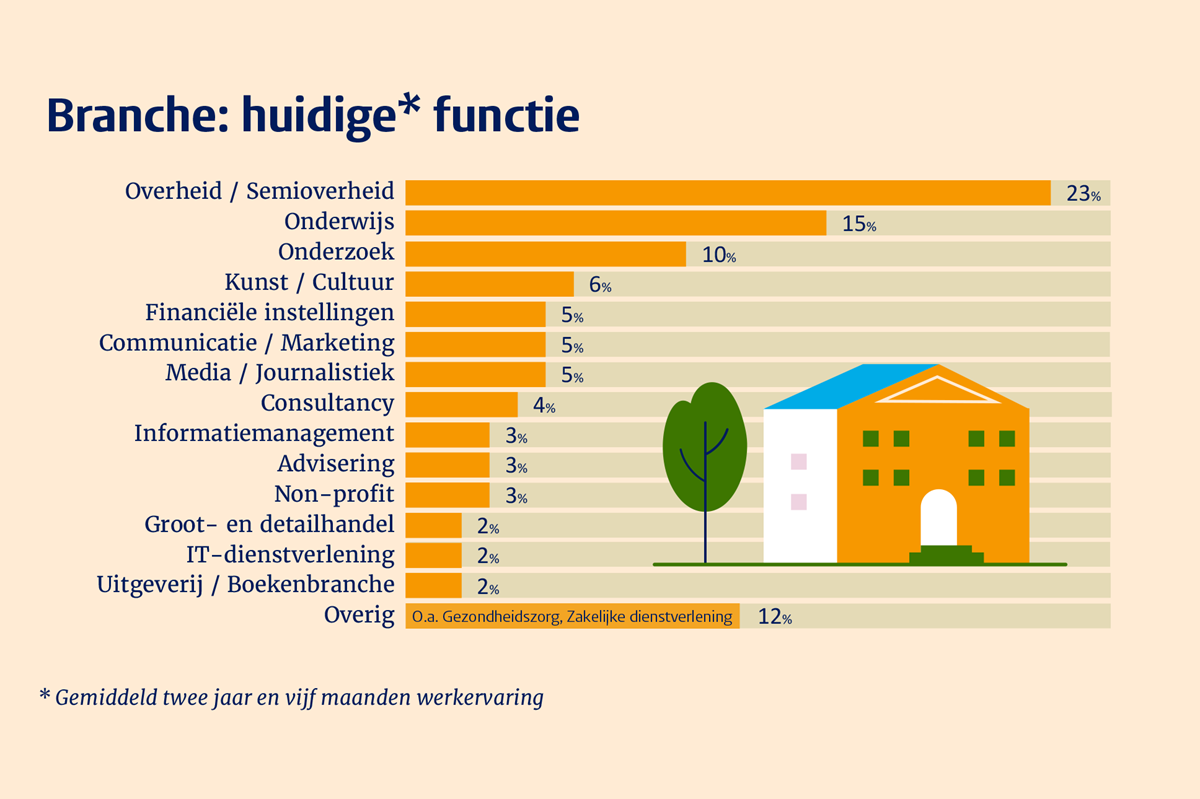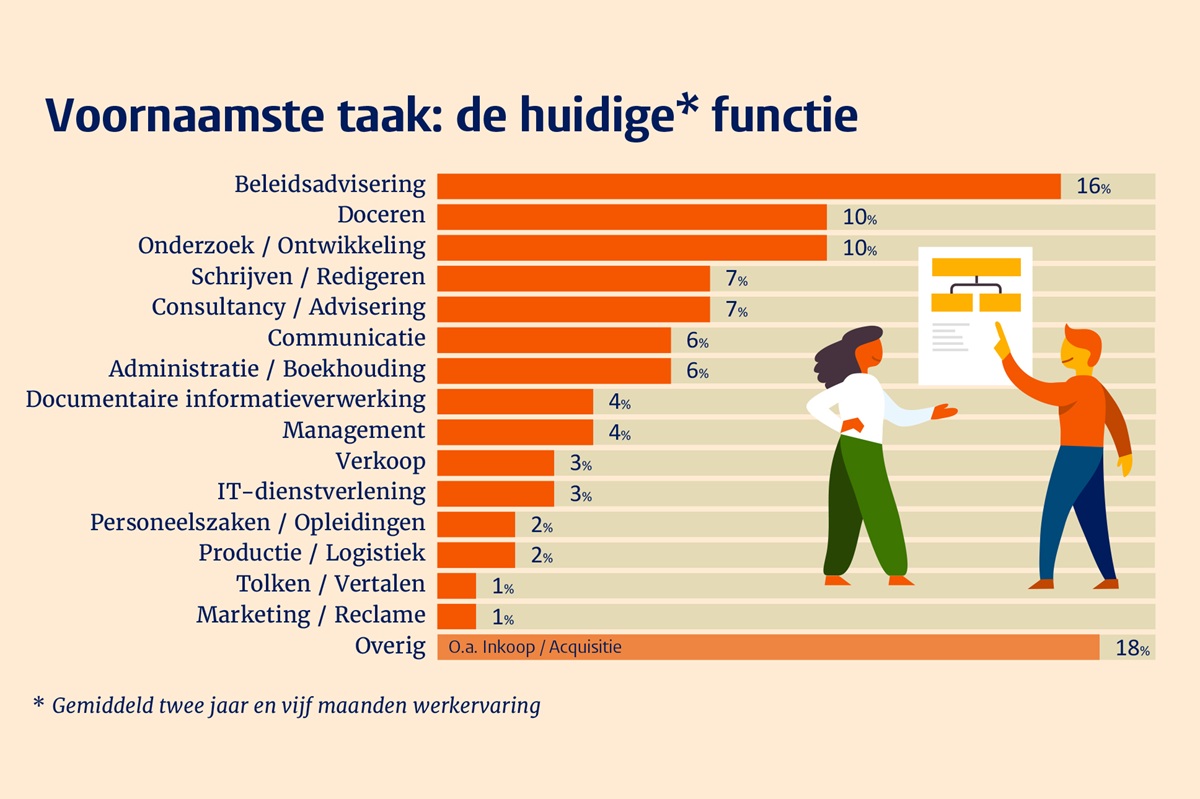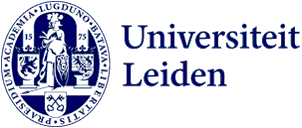
Job market survey results: Humanities opens doors
A degree in the Humanities provides a strong start in the labour market, according to research conducted among alumni who graduated between 2020 and 2024.
62% of alumni found a job within two months, and 85% were employed within six months. For 62%, the role matched their career aspirations from the outset. Over two-thirds of alumni are satisfied or very satisfied with how their career has developed.
A master’s degree pays off
The research shows that continuing studies after a bachelor’s degree is worthwhile. Alumni with a master’s degree more often secure higher-level positions: 77% begin at higher professional or academic level, compared to 63% of bachelor’s graduates. After more than two years of work experience, 87% of master’s alumni hold a position at higher professional or academic level, compared to 76% of bachelor’s alumni. The higher the level of the work, the more satisfied alumni generally are with their career progression.
The vast majority of bachelor’s alumni (70%) choose to pursue a master’s degree after completing their undergraduate studies. 18% enter the workforce immediately or actively seek employment, while the remaining 12% opt for a work experience placement or gap year. Some decide later to start a master’s programme.
Alumni with internship experience, relevant work experience or leadership roles on their CV have an advantage: they enter the workforce more quickly and at a higher level than those without such experience.

Most alumni employed in (semi-)government and education
Of the alumni currently employed, 64% work in the non-profit sector, 34% in the profit sector, and 2% are self-employed.
Most Humanities master’s graduates find their first job in (semi-)government (21%), education (16%), or research (8%), followed by the arts and culture sector (6%), communication and marketing (5%), and media and journalism (5%). After more than two years of work experience, (semi-)government (23%), education (15%), and research (10%) remain the most common sectors. Their daily tasks primarily involve advising, writing and editing, research, and providing information and communication.
-

In which sector do our alumni find their first job? -

What are the main tasks within their current jobs?
The unique strength of Humanities graduates
Humanities graduates possess talents that are in demand in the labour market. In practice, graduates find they stand out particularly for their intercultural skills, written communication, and social awareness. They also excel in analytical thinking and creativity.
Alumni report that during their studies they developed strong academic skills such as written communication, selecting and processing complex information, and analytical and research abilities. These competencies offer direct added value across a wide range of roles.

Most alumni would choose the programme again
The vast majority of graduates look back positively on their study choice. Of those who completed a Humanities programme at Leiden University, 73% would choose the same bachelor’s degree again, and 70% the same master’s degree.
Looking back, some alumni felt certain aspects were lacking during their studies. They would have appreciated more focus on practical experience, internships, specific professional skills, and support in transitioning to the labour market. Additionally, some alumni indicated that they would have valued guidance during their studies on how to apply their skills beyond their specific field, and better practical preparation for entering the workforce.
More information
More information about the research and interviews with alumni can be found at jobperspectives.nl.
